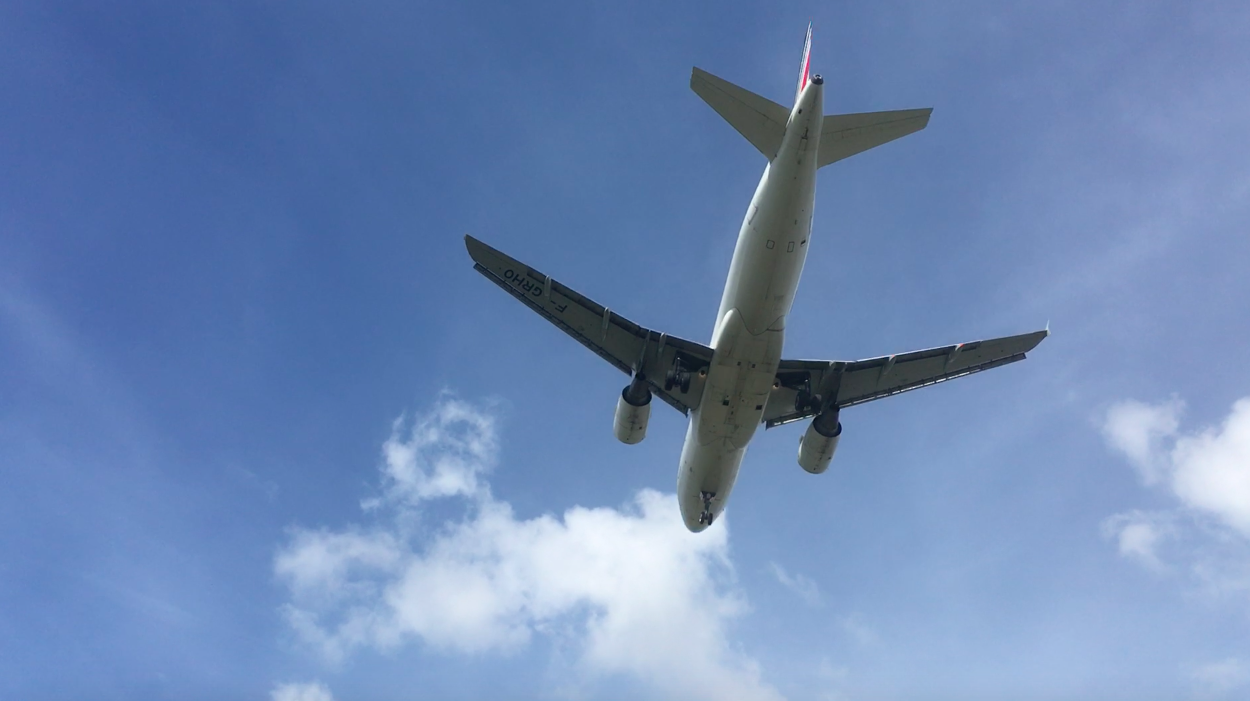Bank Holiday travel chaos as trains, airlines and air traffic controllers plan strikes this weekend
Holidaymakers face multiple strikes abroad and rail engineering works at home

Your support helps us to tell the story
From reproductive rights to climate change to Big Tech, The Independent is on the ground when the story is developing. Whether it's investigating the financials of Elon Musk's pro-Trump PAC or producing our latest documentary, 'The A Word', which shines a light on the American women fighting for reproductive rights, we know how important it is to parse out the facts from the messaging.
At such a critical moment in US history, we need reporters on the ground. Your donation allows us to keep sending journalists to speak to both sides of the story.
The Independent is trusted by Americans across the entire political spectrum. And unlike many other quality news outlets, we choose not to lock Americans out of our reporting and analysis with paywalls. We believe quality journalism should be available to everyone, paid for by those who can afford it.
Your support makes all the difference.Millions of travellers preparing for their Bank Holiday weekend journeys in the UK and France face a range of obstacles from strikes to now-traditional rail engineering works.
In Britain, a planned series of stoppages by South Western Railway staff belonging to the RMT union has been called off after the two sides agreed to ACAS talks about the role of guards.
But members of the RMT working for Greater Anglia are walking out on Saturday on the same issue. The union’s general secretary, Mick Cash, said: “I would like to congratulate our members for their continuous show of strength and solidarity throughout this long dispute, which is solely about putting rail safety before private profit.”
The train operator says it will not be cancelling any planned services. Jamie Burles, Greater Anglia’s managing director, said: “We’d like to reassure customers that we will be running a full service on this day, using our contingency conductors.”
The Greater Anglia network will be disrupted in any event by some of the many Network Rail engineering projects over the Bank Holiday weekend.
No trains will run between Shenfield and Southend from Saturday to Monday, and on Sunday the line between London Liverpool Street and Ingatestone will be closed.
Across the other side of the capital, the Great Western main line from Paddington will be severely disrupted from Saturday until 5am on Tuesday morning, 8 May. Electrification work means trains to Bristol, Cardiff and Exeter will be diverted via the Chiltern line to Oxford, with greatly extended journey times.
On Sunday, Paddington station will be closed altogether, with trains running to and from London Marylebone. Chiltern Railways services will be reduced because of the additional trains. The Heathrow Express will not run.
The worst-hit link is between Crewe and Liverpool, which is closed between 5 and 8 May. Virgin Trains services are diverted via Stockport or Warrington. “Both diversionary routes mean that journeys will take longer than usual,” says Network Rail.
In Scotland, the line between Perth and Larbert, south of Stirling, is closed on Sunday, with passengers facing long diversions or replacement buses.
Travel to, from and within France, meanwhile, is once again a fraught prospect, with both aviation and railway workers staging two-day strikes on Thursday 3 and Friday 4 May.
Air France pilots, cabin crew and ground staff are stopping work as part of a long-running dispute over pay. The airline says 22 per cent of long-haul flights will be grounded, along with fewer than 20 per cent of European services to and from Paris Charles de Gaulle.
The forecast means that a British passenger flying from a UK airport to Paris CDG with a connection to a long-haul destination has a theoretical one-in-three chance that one or both flights will be cancelled.
Air France has already cancelled three of the six flights from Heathrow to Paris, along with services connecting Birmingham, Manchester and Newcastle with the French capital.
Among the dozens of long-haul cancellations to and from Paris are two round-trips to New York, as well as flights to Beijing, Buenos Aires, Delhi, Dubai, Lagos, Mexico City and Taipei.
Travellers are being offered the chance to postpone their journey even if flights are shown as operating normally.
In a statement, the airline said: “Air France regrets the ongoing strike action at a time when company management has made several proposals to end the conflict.”
Employees say their wages have lost ground due to an effective pay freeze since 2011, even though the French carrier is now making handsome profits. The unions are demanding a 6 per cent pay rise; Air France has offered 2 per cent.
Air France staff will also strike next week on Monday 7 and Tuesday 8 May, potentially affecting British holidaymakers heading home.
Over the weekend, a strike by air-traffic controllers in the Marseille Area Control Centre will disrupt flights to, from and over southern France. The centre controls airspace from the Swiss border to the Spanish border, and into the Mediterranean as far south as the southern tip of Sardinia.
Italian air-traffic controllers are also planning a nationwide strike on Tuesday 8 May.
On the French rail network, around half of the high-speed trains (TGVs) are likely to be cancelled on Thursday and Friday as workers begin their second month of two days striking/three days working.
Two out of three “classic” inter-city trains face cancellation, but most local services in the Paris area will run normally.
Stoppages are scheduled to continue until late June in a dispute over employment conditions.
Eurostar, which uses French staff on some services, has cancelled round-trips from both Paris and Brussels to London on Thursday. On Friday, two Paris round-trips and a single Brussels return are cancelled.
Join our commenting forum
Join thought-provoking conversations, follow other Independent readers and see their replies
Comments